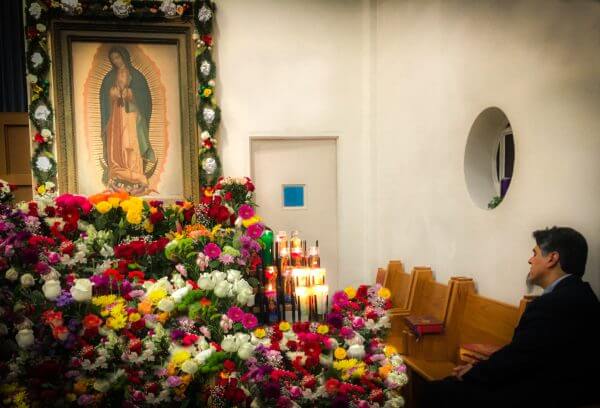
In today’s fast-paced and consumer-driven culture, it’s challenging to wait for things and others. We have grown comfortable with getting what we need and want without waiting in lines. The idea of getting in lines to pay for items is often daunting, so businesses respond to our sense of urgency and self-importance by focusing on shorter waiting times.
Even in the most mundane expressions and choices, our penchant for quick personal attention and fast transactions is obvious. For example, we speak of running to the store, and favorably contribute to an ever-increasing business empire dedicated to faster exchanges and interactions. Similarly, when exploring choices in travel, leisure or any other basic human need, we often choose the internet to circumvent others and maximize our use of time.
Without dismissing this human ingenuity for efficiency, adeptness and needed competence, it’s worth noting that the drive for proficiency and productivity has also affected our sense of wonder and community. Also, running from place to place, avoiding others and rigidly using our time have reduced our sense of belonging to others and have made us less receptive to the beauty of surprises, the care of others and the joy of simply being present to one another.
Different social experiences show that, despite misgivings we may have about our use or misuse of time with others, much of our living does in fact involve being and waiting with others. Moreover, being present and waiting with family, friends and colleagues teaches us of the importance of having others around us to share our life changing moments and hopeful expectations — no matter how small or large they may be.
The same holds true for our faith lives. Ours is a faith journey replete with people, events, moments and profound aspirations. Sunday after Sunday, for instance, we gather in community to retell and hear anew the stories of people with great faith, hope and love. Through our liturgical year, we experience a variety of religious commemorations, cultural celebrations and fiestas transporting our imagination and spirit to moments of deep sorrow and expansive joy.
Truly, living and waiting with others in faith and community brings us closer to our sense of wonder, mission and peace. “‘Come, let us climb the Lord’s mountain, to the house of the God of Jacob…’For from Zion shall go forth instruction and the word of the Lord from Jerusalem. He shall judge between the nations, and impose terms on many peoples. They shall beat their swords into plowshares and their spears into pruning hooks; one nation shall not raise the sword against another, nor shall they train for war again” (Isaiah 2: 1-5).
Furthermore, our waiting for the Lord with others will transform our most personal aspirations. No longer will we grow preoccupied with self-serving comforts and personal gain (Romans 13:11-14). Rather, we learn and dare to imagine new possibilities: “There shall be no harm or ruin on all my holy mountain; for the earth shall be filled with knowledge of the Lord, as water covers the sea. On that day, the root of Jesse, set up as a signal for the nations, the Gentiles shall seek out, for his dwelling shall be glorious” (Isaiah 11:1-10).
As we wait for Jesus this season of Advent, let us reach out to one another more confidently, trusting that our common identity in the Lord will bring forth greater justice, peace and goodness to those who need it the most.
F. Javier Orozco
First published December 12, 2019 in the St. Louis Review
